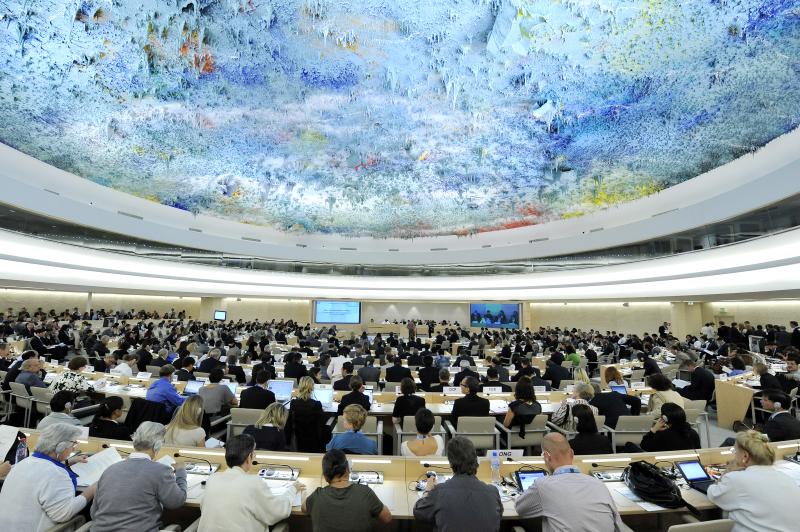
Corporate Social Responsibility Belongs on the U.S. Human Rights Agenda
By Ashley E. Chappo, editor of RightsViews and a M.I.A. candidate at the School of International and Public Affairs at Columbia University
Last week represented a potential turning point for the United States in its commitment to international human rights law and corporate regulation. From October 23 to 27, members of the open-ended intergovernmental working group on transnational corporations and other business enterprises (OEIGWG) convened at the United Nations in Geneva, Switzerland, to draft a legally-binding instrument with respect to corporations and human rights. Despite its leadership role in the world order and the prominence of transnational corporations operating within its borders, the United States has so far remained disengaged from negotiations on this new treaty agreement.
The treaty process, which could take years to complete, is a historic opportunity for the United States to stand up for its shared values with other governments in regulating and holding accountable the stateless, corporate actors often associated with violations of human rights, from alleged sweatshop...

